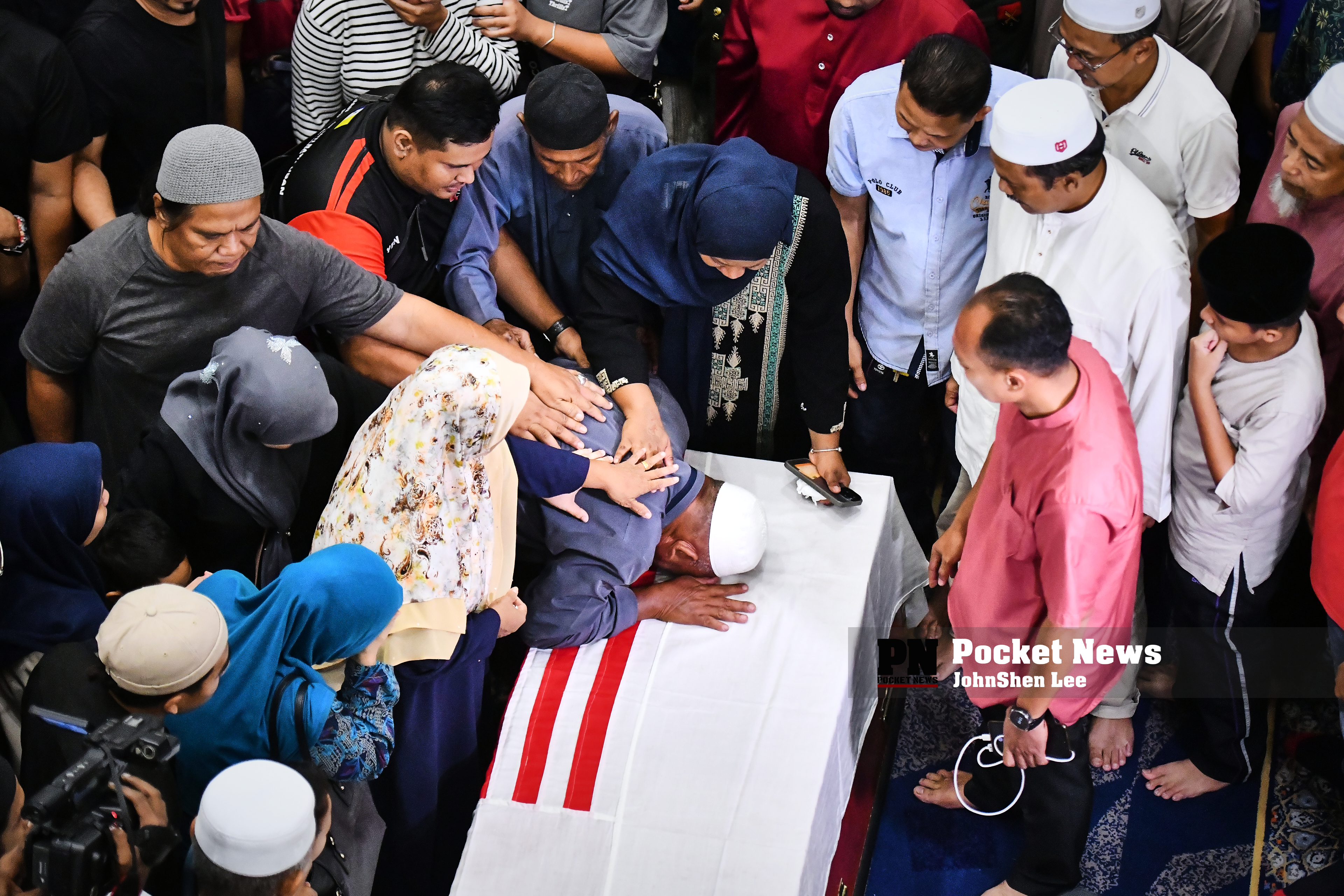
SELANGOR, Apr 13 – The Rohingya are an ethnic minority group from Myanmar, many of who have been displaced to surrounding countries due to targeted military violence against them. Kazi Farzana from the Universiti Utara Malaysia spent six months observing and interviewing 30 refugees in the United Nations High Commissioner for Refugees’ (UNHCR) Nayapara camp, located in the southernmost part of Bangladesh on the border with Myanmar.
The camp has been home to an estimated 18,500 refugees since 1991. Reports by international agencies have documented the deplorable living conditions of Rohingyas in refugee camps. But the narratives, says Dr. Farzana, leave out the refugees’ perception of their own lives. Despite the limitations of camp life, Dr. Farzana found the youth have managed to develop strong negotiation and basic survival skills.
Her paper, published in the Pertanika Journal of Social Sciences & Humanities, addresses the dynamics of dispute and collaboration among the camp’s refugees and with the government and UNHCR personnel responsible for its management. Dr. Farzana interviewed youth above the age of 25 and found they were in a constant struggle to establish their basic human rights.
Although given basic food and shelter, they are not provided with education beyond the primary level. They are also prohibited from gathering in groups larger than five, leaving the camp without official permission, and working in the local villages. The Bangladeshi government maintains strict control over the camp and allows the UNHCR, the main aid agency working in the camp, very limited freedom to provide basic services.
Despite these difficulties, some youth have found a way to work within the camp selling vegetables and weaving fishnets, for example, while others have managed to illegally find work outside the camp, such as fishing, farming and other low-skilled labour. This involves developing relationships with the camp’s authorities and paying them bribes so they can temporarily leave the camp.
The Rohingya youth also use song and art to document their reflections on their lives and beliefs, and to maintain a connection to their identity. Power blocs and interest groups exist within the camp and mediate between the refugees on the one hand and government and aid agencies on the other.
“The clearer picture that emerges from this everyday experience of camp life is the systematic and constant reminder that the refugees are outsiders and foreign in origin,” writes Dr. Farzana. As a result, she says, their identity of “otherness” is constantly reinforced.
Dr. Farzana recommends that future research looks in greater detail at the plight of female refugees and the multiple forms of violence they face. Researchers should also investigate claims of radicalization among some Rohingya refugees. Finally, she recommends comparative international research on issues of statelessness and the politics of identity among refugees and exiled communities. She says the Rohingya case is far from being an isolated issue, and Myanmar and Bangladesh are far from being the only states to be implicated in matters of forced migration.
For further information, please contact:
Dr. Kazi Farzana
School of International Studies, Universiti Utara Malaysia
E-mail: [email protected]




















